When you travel RARE, you not only travel sustainable but you also regenerate the planet, making it a better place for the future generations. Build your legacy by travelling. RARE 2.0 appeals to all the six tyles of luxury consumers (Chang et al., 2022) and integrates seamlessly with sustainability, redefining the very words – luxury and legacy.


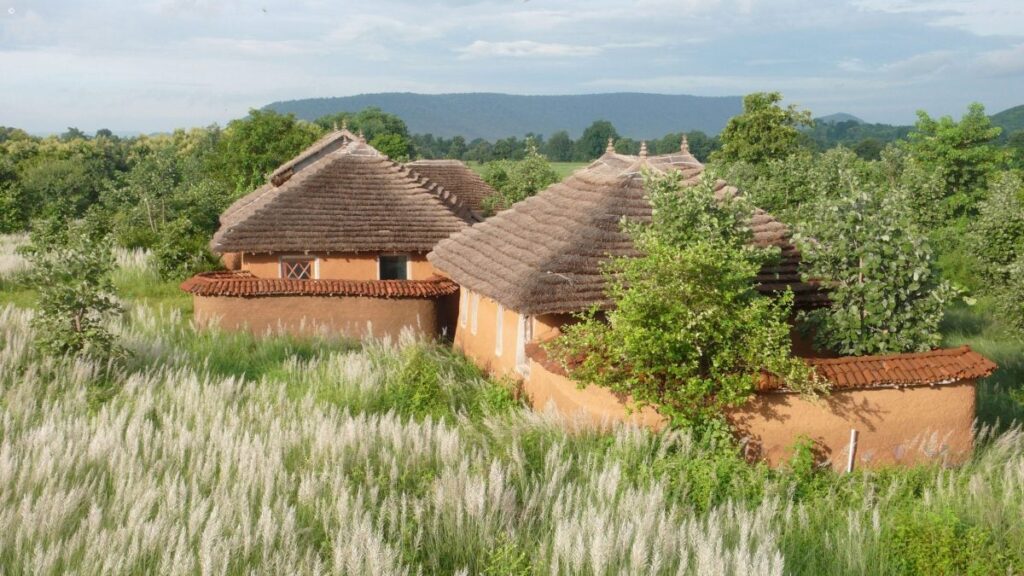


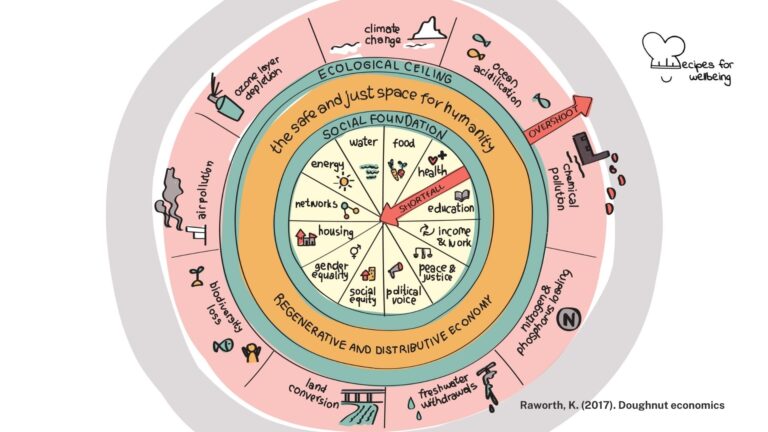
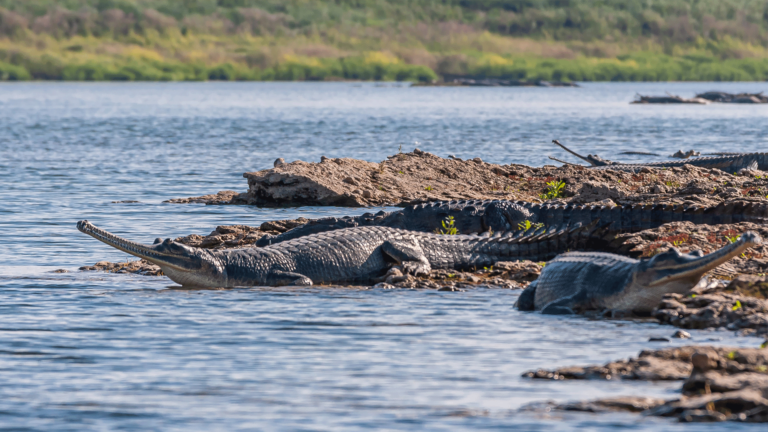
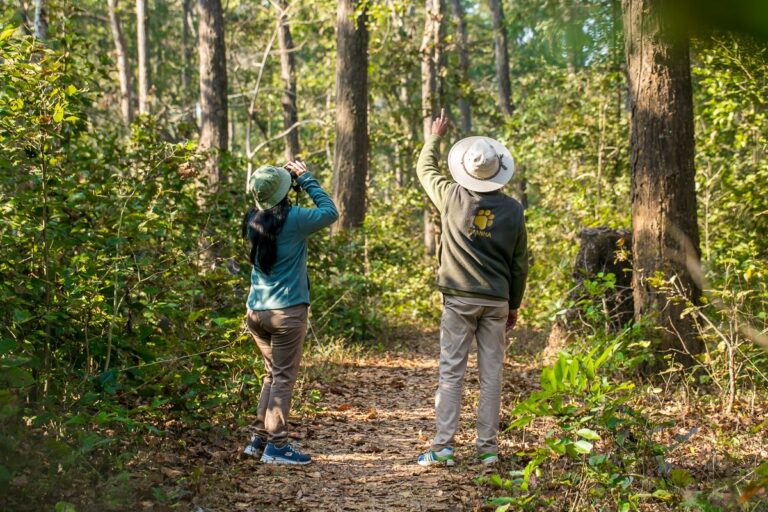
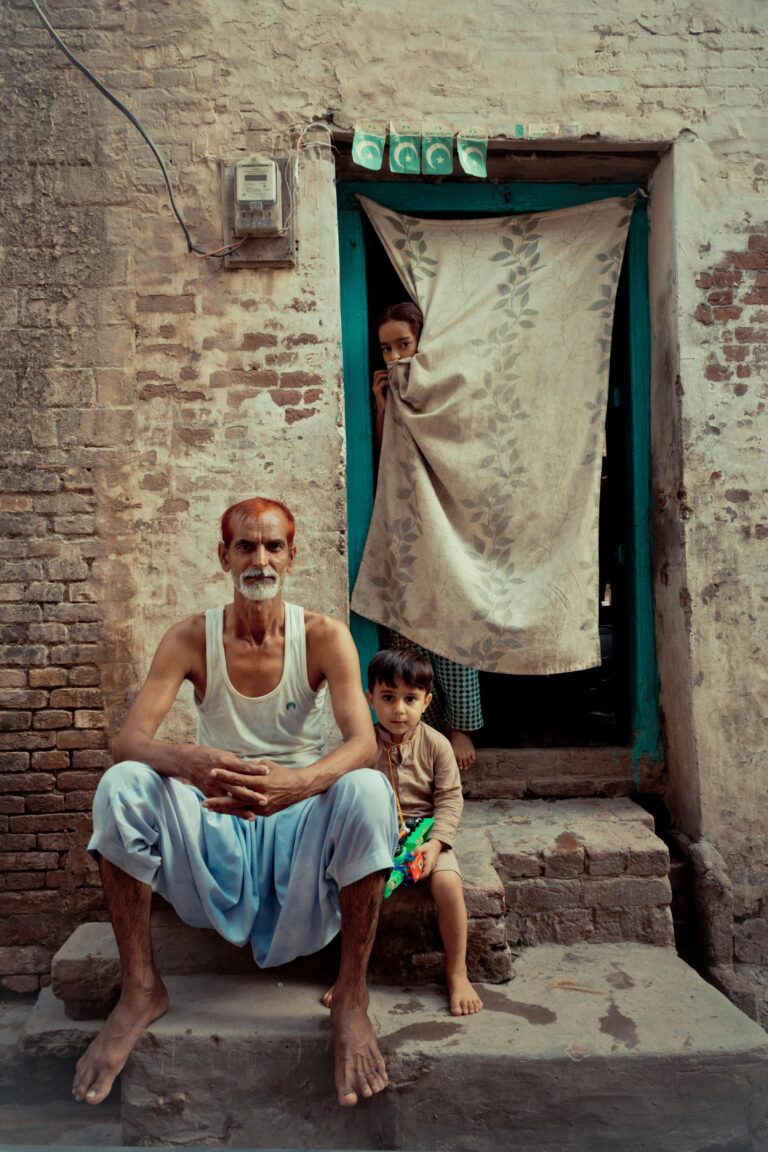
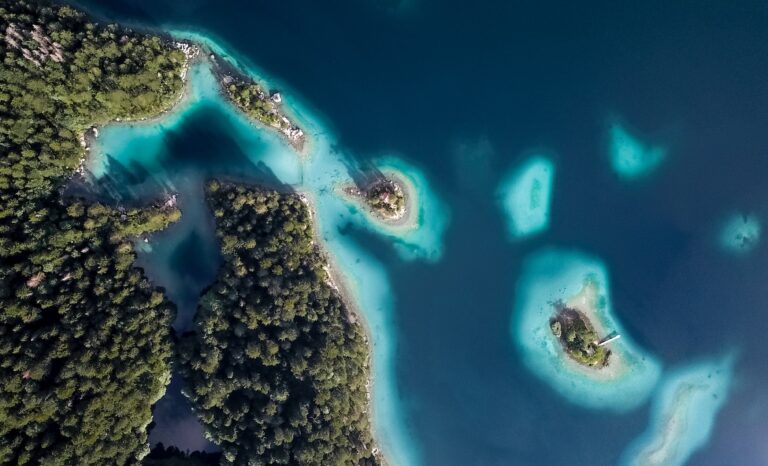

Comments
adamgordon
Thanks for sharing this information is useful for us.